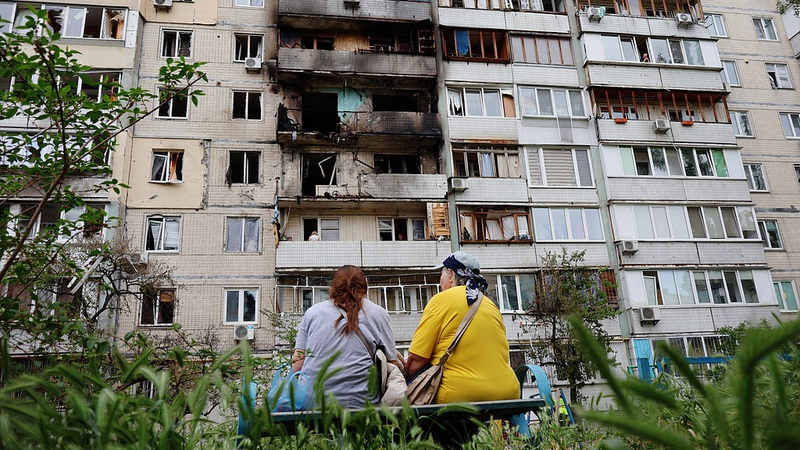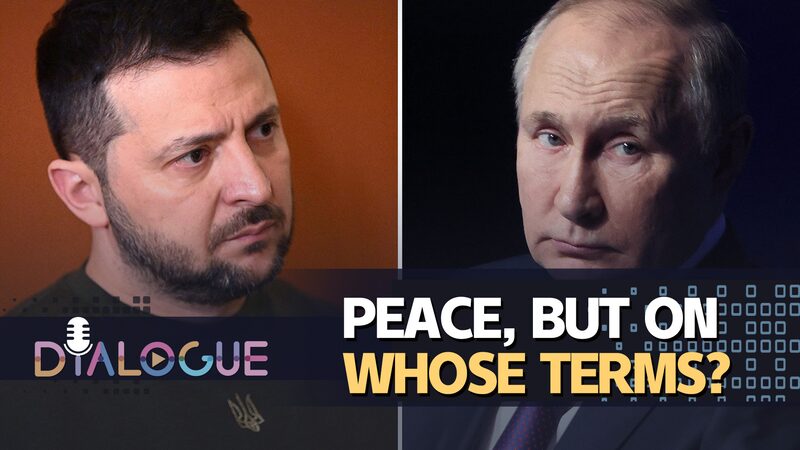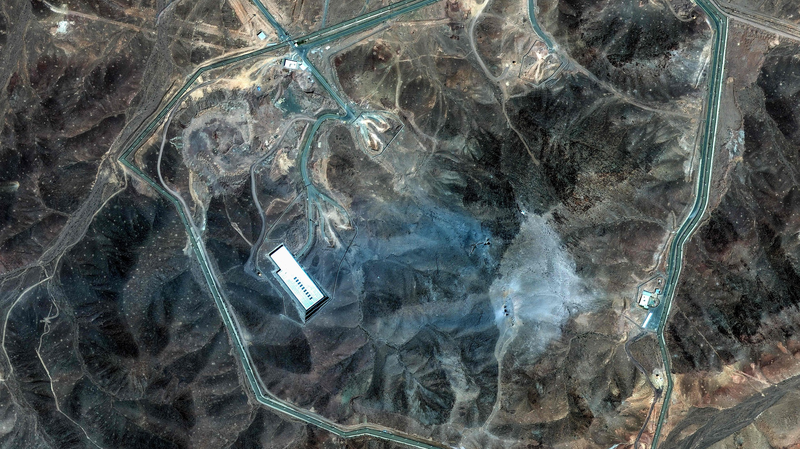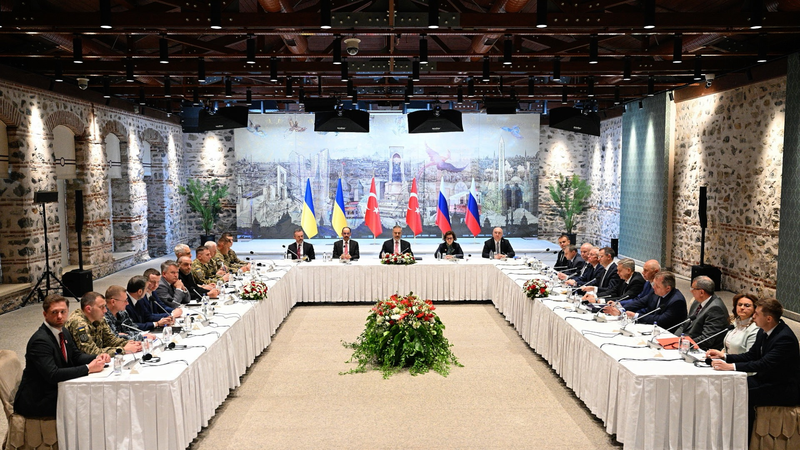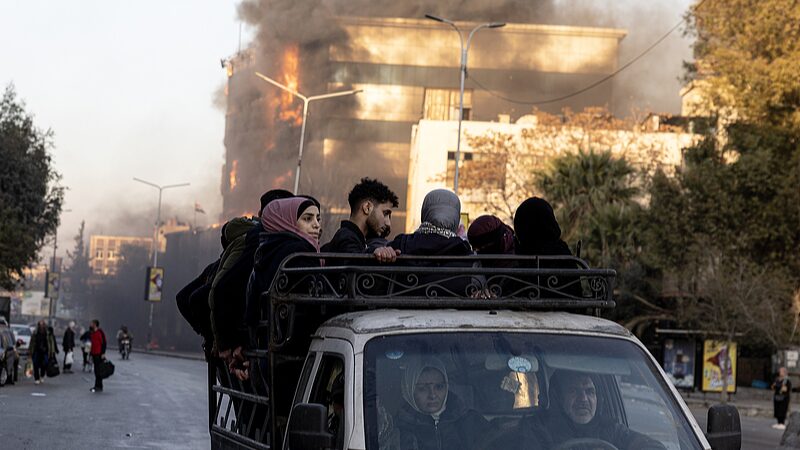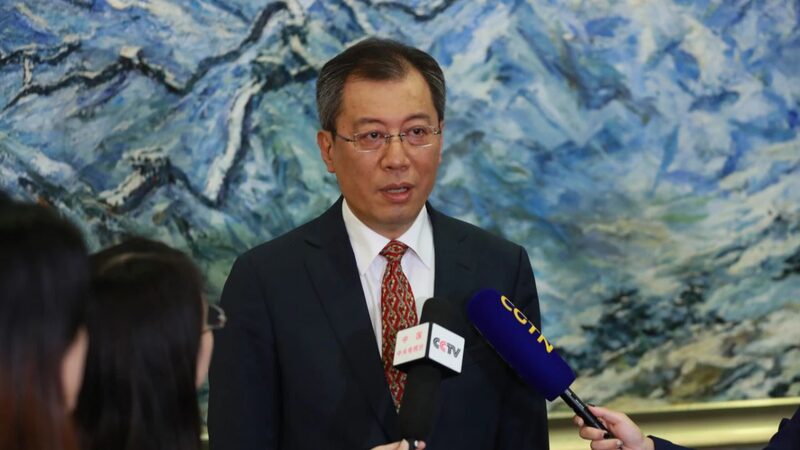Turkish mediators have reported cautious optimism following the latest round of Russia-Ukraine negotiations, citing "positive developments" in discussions despite no immediate ceasefire agreement. The talks, which concluded without a breakthrough, highlighted evolving positions as both sides navigate battlefield realities and international pressure.
Zhang Xin, associate professor at East China Normal University's School of Politics and International Relations, suggests the ongoing conflict may paradoxically create conditions for compromise. "Strategic advantages gained through continued fighting could eventually push both parties toward mutually acceptable solutions," Zhang observed, emphasizing the complex interplay between military dynamics and diplomatic calculations.
The negotiations come as global markets monitor energy security implications and supply chain risks. Business analysts warn prolonged instability could impact commodity prices and trade routes connecting Asia to Europe. Meanwhile, diaspora communities across Asia express growing concern for humanitarian impacts, particularly in regions with historical ties to Eastern Europe.
While Turkish officials maintain confidentiality about specific proposals, sources indicate discussions addressed grain exports, prisoner exchanges, and nuclear safety protocols. The outcomes are being closely watched by APEC members and WTO participants seeking stability in global markets.
Reference(s):
Analyst: Continued fighting could lead to Russia-Ukraine compromise
cgtn.com
